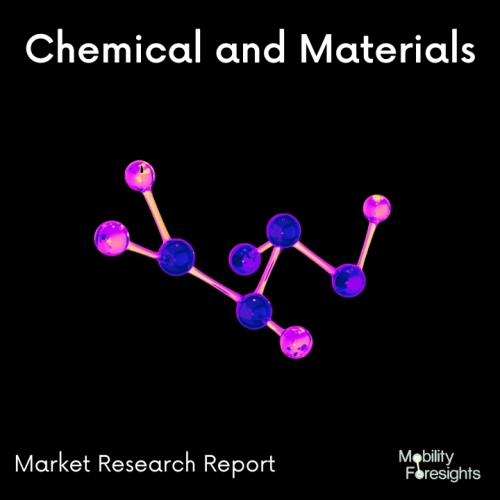
- Get in Touch with Us

Last Updated: Apr 25, 2025 | Study Period: 2023-2030
Due to its exceptional mechanical, chemical, and thermal durability, phenolic resin is a type of synthetic polymer that is frequently employed in a wide range of industrial and commercial applications.
It is a thermosetting resin, which means that while curing, a chemical process takes place that causes the substance to become irreversibly harder. Phenolic resins have a variety of uses in various industries, including coatings, binders, and adhesives.
Phenolic resins' salient features include:
Temperature Stability: Phenolic resins can survive high temperatures without significantly degrading due to their outstanding heat resistance. This characteristic qualifies them for use in brake pads, clutches, and other automotive parts where heat exposure is a problem.
Chemical Resistance: Phenolic resins have strong chemical, acid, and solvent resistance. They are beneficial in applications where exposure to caustic substances is expected due to this feature.
Phenolic resins provide a high degree of mechanical strength and excellent dimensional stability. They are utilized in reinforced plastics and composite materials to increase the overall performance and strength of the finished product.
Phenolic resins are valuable in applications like circuit boards, electrical components, and insulating materials because they are excellent electrical insulators.
Flame Retardance: Phenolic resins are naturally flame- and self-extinguishing resistant, making them appropriate for fire-safe applications including building materials and aircraft interiors.
Phenolic resins are used in a variety of industries, including automotive, aerospace, electrical, construction, consumer goods, and more, because of their adaptability and favorable characteristics.
The use of phenolic resins has many advantages, but there are some drawbacks as well. For example, some formulations of phenolic resins can be brittle, and formaldehyde emissions from their manufacture and curing may pose environmental risks.

The Global Phenolic Resin Market accounted for $XX Billion in 2022 and is anticipated to reach $XX Billion by 2030, registering a CAGR of XX% from 2023 to 2030.
Allnex introduces a brand-new BPA-NI application-friendly phenolic resin. Allnex, a market leader in specialty chemicals, is proud to introduce PHENODUR® PR 616/65B, a new, environmentally friendly phenolic resin that is recommended for interior and exterior can coatings and has a very low free formaldehyde value of 0.1%. This resin can be used on wood, metal, plastic, and other surfaces.
The PHENODUR PR 616/65B has a very low amount of free monomers and neither Bisphenol-A nor Bisphenol-F. PHENODUR PR 616/65B can be used with high molecular weight epoxy resins for stiff and flexible packaging as well as drum lining, or with high molecular weight polyester for BPA-NI applications.
| Sl no | Topic |
| 1 | Market Segmentation |
| 2 | Scope of the report |
| 3 | Abbreviations |
| 4 | Research Methodology |
| 5 | Executive Summary |
| 6 | Introduction |
| 7 | Insights from Industry stakeholders |
| 8 | Cost breakdown of Product by sub-components and average profit margin |
| 9 | Disruptive innovation in the Industry |
| 10 | Technology trends in the Industry |
| 11 | Consumer trends in the industry |
| 12 | Recent Production Milestones |
| 13 | Component Manufacturing in US, EU and China |
| 14 | COVID-19 impact on overall market |
| 15 | COVID-19 impact on Production of components |
| 16 | COVID-19 impact on Point of sale |
| 17 | Market Segmentation, Dynamics and Forecast by Geography, 2023-2030 |
| 18 | Market Segmentation, Dynamics and Forecast by Product Type, 2023-2030 |
| 19 | Market Segmentation, Dynamics and Forecast by Application, 2023-2030 |
| 20 | Market Segmentation, Dynamics and Forecast by End use, 2023-2030 |
| 21 | Product installation rate by OEM, 2023 |
| 22 | Incline/Decline in Average B-2-B selling price in past 5 years |
| 23 | Competition from substitute products |
| 24 | Gross margin and average profitability of suppliers |
| 25 | New product development in past 12 months |
| 26 | M&A in past 12 months |
| 27 | Growth strategy of leading players |
| 28 | Market share of vendors, 2023 |
| 29 | Company Profiles |
| 30 | Unmet needs and opportunity for new suppliers |
| 31 | Conclusion |
| 32 | Appendix |